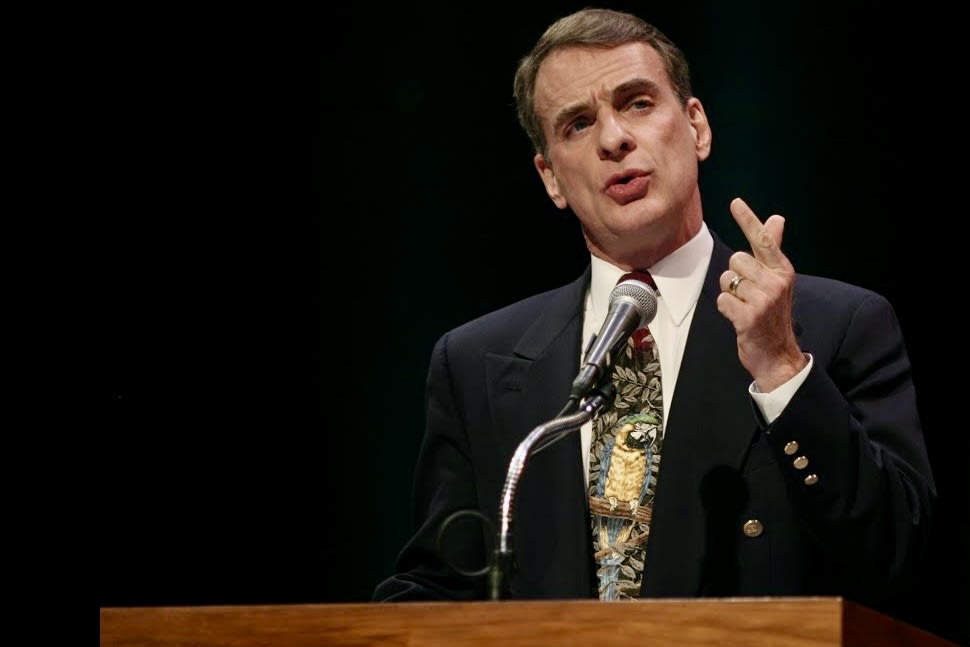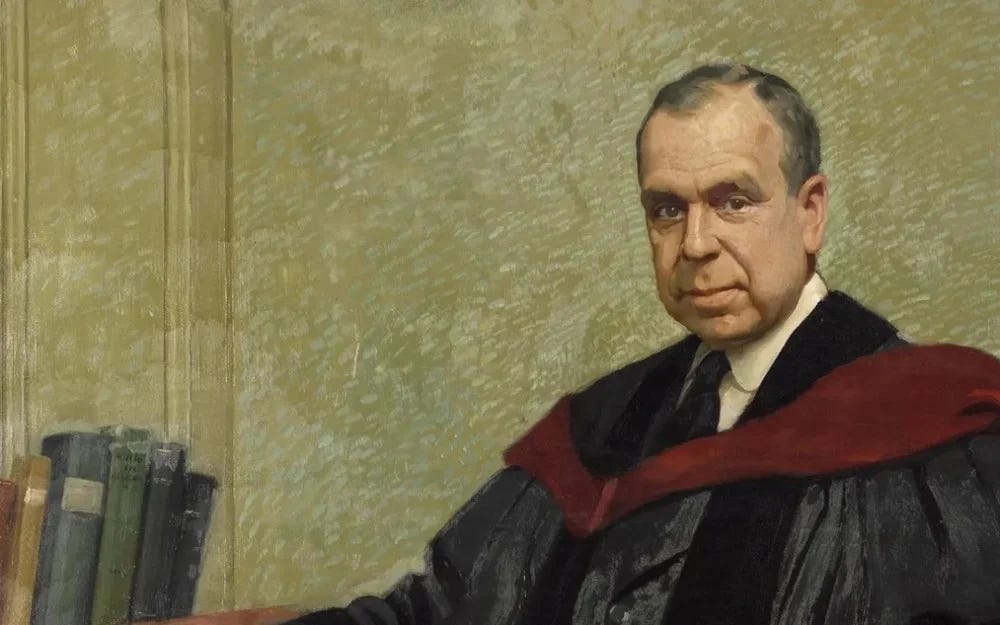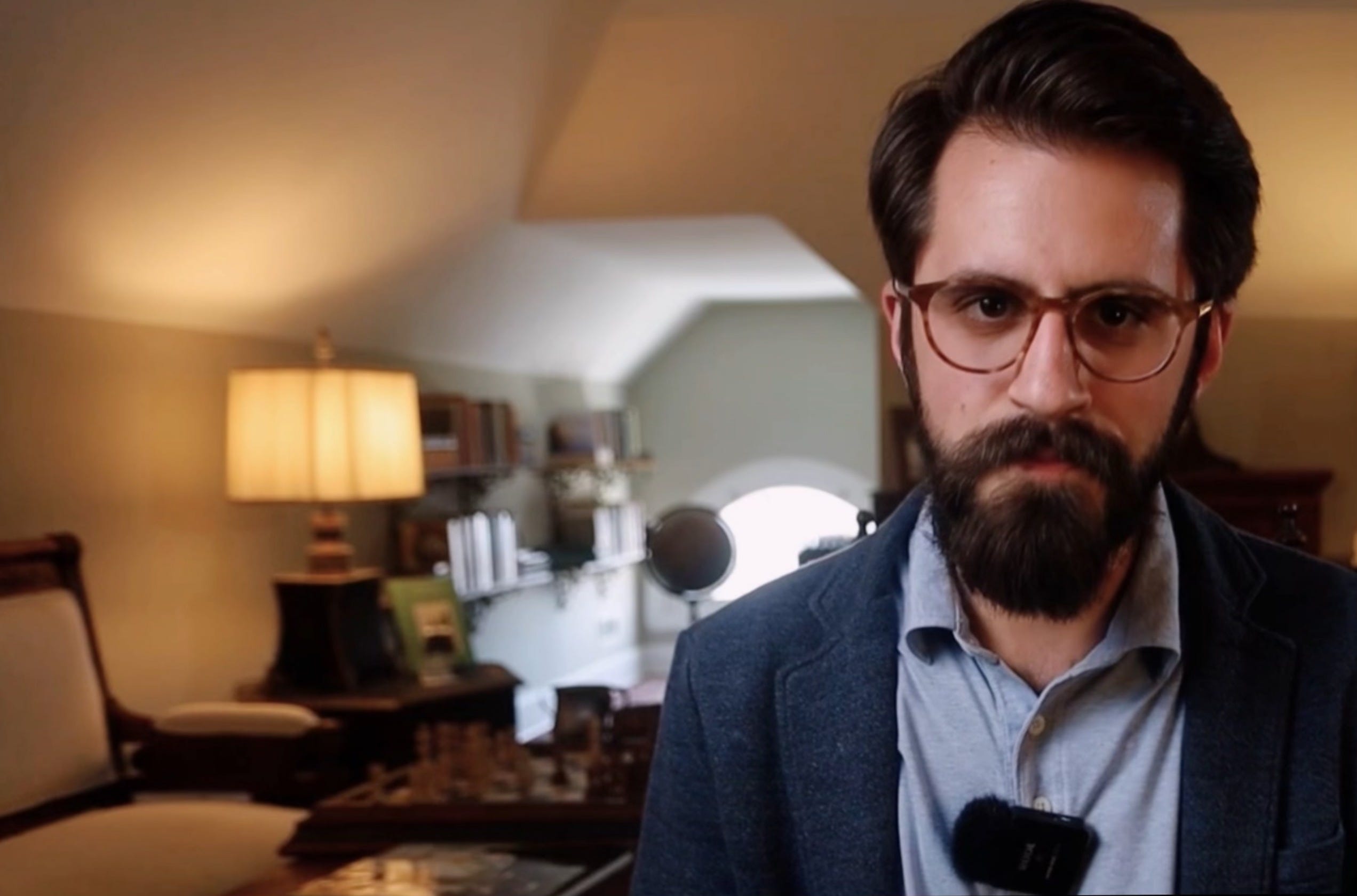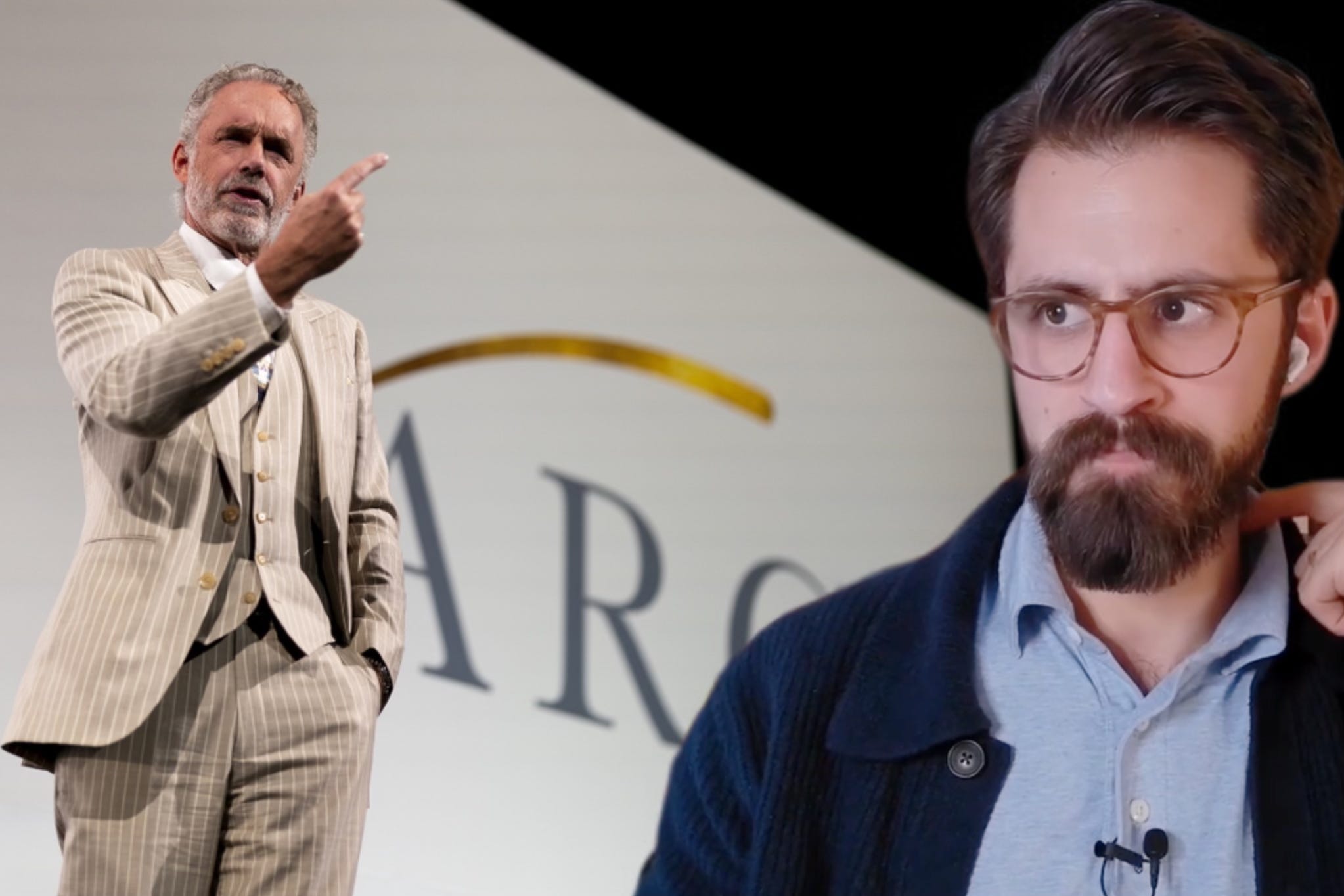Marriage Is Secular
Description
All across the internet, and in the academic presses, pundits and philosophers place blame for secularization on Protestantism.
Scholars and streamers complain that the Reformation precipitated the disenchantment of the world.
Orthodox converts waft their smells and ring their bells before evangelical noses and ears. Catholics look on evangelicals with pity, beholding our strip-mall sanctuaries, as they find shade below their towering, ancient cathedrals.
And many Protestants feel the Roman nostalgia. I admit I’m among them.
More than just nostalgia, we admire the intellectual tradition, Christian humanism, and ethical guidance of the Catholic Church. But even that has its limits.
This morning, Anthony Bradley displayed the enduring appeal of the Catholic and Orthodox traditions to Protestant observers. In his article, “Orthodox, Catholic, and Evangelical Views of Marriage,” Bradley argues that Protestants’ theology of marriage, as symbol and secular creation ordinance, falls short of the Orthodox and Catholic view of marriage as distinctly sacred and spiritual.
I think Bradley is wrong about this. But let’s hear him out.
Orthodox and Catholic v. Protestant Views of Marriage
Bradley presents Orthodoxy and Catholicism as offering a high view of marriage as sacred and spiritual, and Protestantism as offering a low view of marriage, as secular and merely instrumental.
Orthodox and Catholics view marriage as sacred and even sacramental. They hold that civil marriage, while it ought to mirror Christian marriage, is less than the same thing. This added layer of sacrality reinforces the moral seriousness of the marriage bond, discouraging divorce.
The Catholic Church teaches that divorce is a metaphysical impossibility. It forbids divorce and remarriage, providing only for annulment. The practice of annulment depends on understanding that annulled “marriages” were never true marriages. The parties failed some condition of marriage, such as that both parties fully intend exclusive commitment for life, with an openness to children. By implication, many modern civil marriages are not true marriages at all.
Both traditions also emphasize the procreative purpose of marriage, without denying the primary significance of marriage as a conjugal union.
By contrast, Protestant theologies of marriage treat marriage, not as sacramental, but symbolic. Marriage is a secular institution, common to both believers and unbelievers. Civil marriage is no less marriage than ecclesiastical marriage. Many Protestant traditions permit divorce and remarriage, at least on conditions of adultery, abandonment, and abuse.
Some Protestant theologies of marriage, like that in Tim Kellers’ The Meaning of Marriage, neglect the procreative aspect of marriage. (Keller does not mention children, at least prominently, in his treatment of Christian marriage.)
Bradley writes that this Protestant understanding “primarily emphasizes marriage as a practical framework for serving God through procreation, intimacy, and social order, treating it as a functional institution rather than a sacred mystery or sacrament.”
He argues that “this view reduces marriage to a utilitarian role, overshadowing its deeper spiritual and mystical significance.” He knocks Protestantism for failing to “place marriage within the context of worship or liturgy,” separating it from “the Church’s sacramental life.”
Instead, on the dominant Protestant view, marriage is not sacred, but secular. Bradley concludes, this view “lacks the depth and theological richness found in the Orthodox and Catholic understandings.”
Marriage Is Secular
But Bradley is wrong; marriage is secular. And it has its sacred significance in virtue of being a secular ordinance.
When Martin Luther rejected clerical celibacy, it wasn’t because he wanted to add marriage to the list of holy callings. (The Catholic Church already considered it a sacrament.) He rejected clerical celibacy because he rejected the whole sacred-secular divide.
In his letter to the German nobility, Luther railed against the division between sacred and secular callings that Rome had taught:
It has been devised that the Pope, bishops, priests, and monks are called the spiritual estate; princes, lords, artificers, and peasants are the temporal estate. This is an artful lie and hypocritical device, but let no one be made afraid by it, and that for this reason: that all Christians are truly of the spiritual estate, and there is no difference among them, save of office alone.
- Luther, “Letter to the German Nobility”
As all men were of the spiritual estate, Christians who exercised temporal or secular callings were as holy as any pastor or priest.
But the ordinances of human life themselves remained secular. It was, therefore, as participants in secular life that Christians could fulfill their universal spiritual calling.
Accordingly, Christian and civil marriage do not differ in kind. Marriage is an ordinance of creation, not redemption. It is rightly administered by the civil magistrate as much as by a minister of the church.
The secularity of marriage also means that it is affected by the fall. In post-fall conditions, many marriages do not last. The misery of our present estate requires that we make permission for both husbands and wives to sue for divorce on grounds of, at least, adultery and abandonment, as Calvin introduced in Geneva.
The divorced should be permitted to remarry, since one does not receive a binding calling to life-long celibacy in virtue of adultery or abandonment by one’s spouse. To say that these permissions amount to the same as Ronald Reagan’s “no-fault divorce” laws is to confuse 20th-century secular liberalism with Protestant Puritanism.
Likewise, a complete Christian view of marriage must recognize that marriage is ordered to the bearing and rearing of children. Protestant theologians and pastors have sometimes neglected this to focus only on husband and wife. But Protestant theology is also correct not to overemphasize procreation, which risks making the marital union itself only a means to procreation. (See my natural law defense of contraception if you want to know what I really think, and also, my piece on “Pronatalism After the Fall.”)
A “Low” View of Marriage?
One of Bradley’s main criticisms is that the Protestant view of marriage is lower than Catholic and Orthodox views. This criticism presupposes the principle that it is always superior to think something sacred, rather than secular.
But this is precisely to take a “low view” of the secular, too low because God made the secular and natural realm. The natural realm is as such theonomic; it already displays God’s rule, through governance by his natural law. It does not need the superimposition of grace, of sacrality, to make it into something that gives us contact with the divine.
Is the Protestant View of Marriage Too Utilitarian?
Another of Bradley’s criticisms is that the Protestant view of marriage is functional, instrumental, and utilitarian.
While the three paragraphs in which he describes the Gospel Coalition’s statement on marriage do not seem utilitarian to me — “Marriage is a living picture of the gospel, showcasing Christ’s love for His Church” — Bradley is correct that Protestant theology views marriage as contributing to civil order. The civil institution of marriage is part of the second use of the law, to restrain sin in society.
But is that supposed to be a bad thing? Sixty years since no-fault divorce, the sociological results are in: Divorce is terrible for children. Having two married parents is essential for children’s greatest flourishing. Mothers and fathers make distinct and necessary contributions. Secular sociologists and psychologists, political conservatives, and advocates of cultural Christianity can all get behind these results. Marriage should be held in greater honor in our society than it currently is.
Christians should affirm the same. And some, like Brad Wilcox and Mark Regnerus, are doing so — at the forefront of sociological research. Christians can add to the sociological the theological. Marriage contributes to our sanctification; it typifies Christ and his church.
<p























